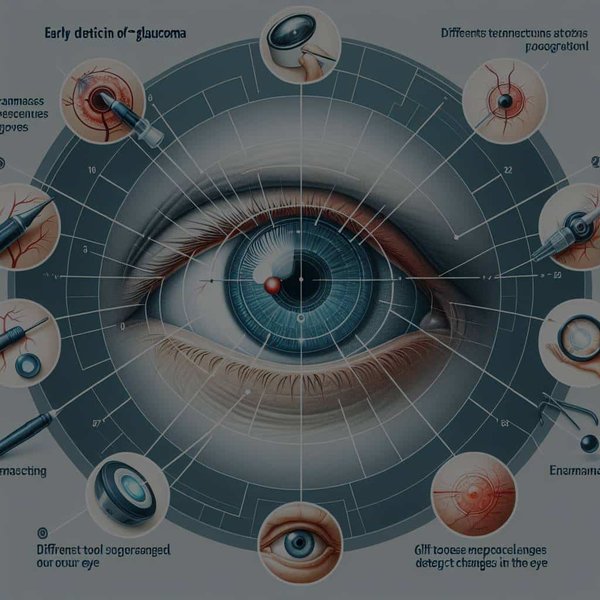
Welcome to Falegnameriasenape
Your source for Generalist (EN) insights. Explore our articles and guides.
Our topics
Explore all our Generalist (EN) content
automotive
Cars, vehicles and driving
View articles →business
Business and economy
View articles →cooking
Recipes and culinary arts
View articles →finance & real estate
Finance, investment and property
View articles →health
Health, wellness and wellbeing
View articles →home & living
Home, decor and lifestyle
View articles →News
Latest news and current events
View articles →pets
Pets, animals and companions
View articles →sports
Sports, fitness and competition
View articles →technology
Tech, gadgets and innovation
View articles →woman / fashion
Fashion, beauty and lifestyle
View articles →
Latest articles
Our recent publications

Can a High-Flow Catalytic Converter on a Citroen C4 Picasso Reduce Emissions Without Losing Power?
The world of automotive performance is a complex one, filled with countless components and systems that promise to impro...

Can Updating the Firmware in a Volvo V60's Infotainment System Fix Common Glitches?
As we all know, the world of cars is constantly evolving. Car makers make relentless efforts to stay ahead of the curve ...

What's the Best Way to Enhance the Charging System in a Nissan Juke for Reliability?
As the automotive industry advances, so do the requirements for car battery technology. It is no longer about starting t...

How to Use Influencer Partnerships to Boost Your UK Brand's Social Media Presence?
In this hyper-digitized era, the battle for consumer attention has shifted from the physical storefront to the digital l...

What Are the Best Practices for Managing Distributed Teams Across Different Time Zones?
In an increasingly global business environment, it's commonplace to have teams distributed across different time zones. ...

What Are the Opportunities for UK Businesses in the Ageing Population Market?
If you're running a business in the UK, you may have noticed significant changes in the demographic landscape over the p...

Can You Prepare a Gourmet Beef Stroganoff with Wild Mushrooms and a Creamy Sauce?
Indulging in a sumptuous meal is one of life's pleasures. More so, when you have prepared the dish yourself. Among the m...

How to Create a Gourmet Tomato and Burrata Salad with a Balsamic Reduction?
Creating a gourmet meal does not require five-star restaurant experience or even professional culinary skills. You can w...

What's the Best Method for Making Crisp and Tender Tempura Vegetables with Dipping Sauce?
The Japanese kitchen has presented the world with an array of culinary delights, and tempura stands as one of its timele...

How to Assess the Impact of High-Speed Internet Availability on Residential Real Estate Values?
The advent of the digital age has ushered in a significant shift in the factors that influence residential real estate v...

How to Facilitate Sustainable Transport Options in New Housing Developments?
In the quest for sustainability, the focus often lands on energy. However, the role of transportation is equally signifi...

How to Manage Risks When Investing in Real Estate Development Projects Abroad?
Investing in international property development projects is an alluring proposition for many investors. The potential fo...

How to Build a Custom Murphy Bed with a Fold-Down Desk for a Multi-Purpose Room?
When you're working with limited space, every inch matters. A Murphy bed is a great solution, allowing you to reclaim fl...

How to Create a Personal Wellness Room with Home Gym and Spa Features?
A wellness room at home is no longer a luxury reserved for the wealthy. With some creative design ideas and the right eq...

What Are the Best Energy-Efficient Blinds and Curtains for an East-Facing Bedroom?
Do you desire a perfect balance between welcoming the morning sun's light and warmth into your room while maintaining an...

What Are the Best Dog Breeds for Working in Search and Rescue?
Many people are drawn to the sight of a dog in a working vest, employed by the police or other rescue organizations. The...

What Are the Best Methods for Preventing Ticks in Dogs Without Chemicals?
As pet owners, you all understand the joy your dogs bring into your lives. They're more than just pets; they're part of ...

What's the Safest Way to Introduce a Baby to a Family Dog?
The arrival of a new baby is a momentous occasion in any household. It's a time of joy, excitement, and countless adjust...

How Is AI Assisting with Language Preservation and Revitalization?
As the world becomes increasingly interconnected, the preservation and revitalization of endangered and indigenous langu...

How Might AI Optimize Grid Storage for Renewable Energy?
As the world grapples with the urgency to shift from fossil fuels to more sustainable sources of energy, the conversatio...

What Are the Latest Breakthroughs in Solar-Powered Drones?
The notion of drones soaring through the sky, powered solely by the energy of the sun is no longer a figment of science ...

How to Incorporate Polished Leather Boots into Your Winter Work Wardrobe?
How to Incorporate Polished Leather Boots into Your Winter Work Wardrobe?...

What Are the Best Strategies for Styling an Oversized Blazer without Looking Swamped?
The oversized blazer is a fashion staple that's been making waves in the style scene for quite some time now. This fashi...

What's the Most Effective Way to Style a Denim Pencil Skirt in a Corporate Environment?
Dazzle at your workplace with a unique blend of style and professionalism. Learn how to transform the ordinary into extr...

Can Intensive Interval Training Enhance Cognitive Function in Older Adults?
The aging process brings with it a gradual decline in certain cognitive functions, such as memory and attention. However...

How Can Personalized Exercise Regimens Benefit Patients with Multiple Sclerosis?
Multiple Sclerosis (MS) is a complex disorder that can have a profound impact on a person's life. However, recent resear...

What Are the Advantages of Telehealth for Managing Chronic Heart Failure?
As you navigate the complex landscape of chronic heart failure management, you may have encountered the term "telehealth...

What Are the Latest Techniques for Early Detection of Glaucoma?
Glaucoma, a group of eye diseases leading to optic nerve damage, has been historically notorious for its stealthy approa...

How Can Digital Storytelling Foster Cultural Heritage Preservation in the UK?
The preservation of cultural heritage is not only vital for the promotion of national identity, but is also crucial in f...

How to Create an Effective Wildlife Corridor in Suburban UK Areas?
As urbanisation continues to grow, the biodiversity of our planet is under threat. Cities and urban areas are expanding,...
Frequently Asked Questions
Are the articles free?
Yes, all our content is freely accessible.
How often do you publish?
We publish several articles each week.
Can I contribute?
Contact us to submit your articles.
How can I stay updated?
Subscribe to our newsletter.